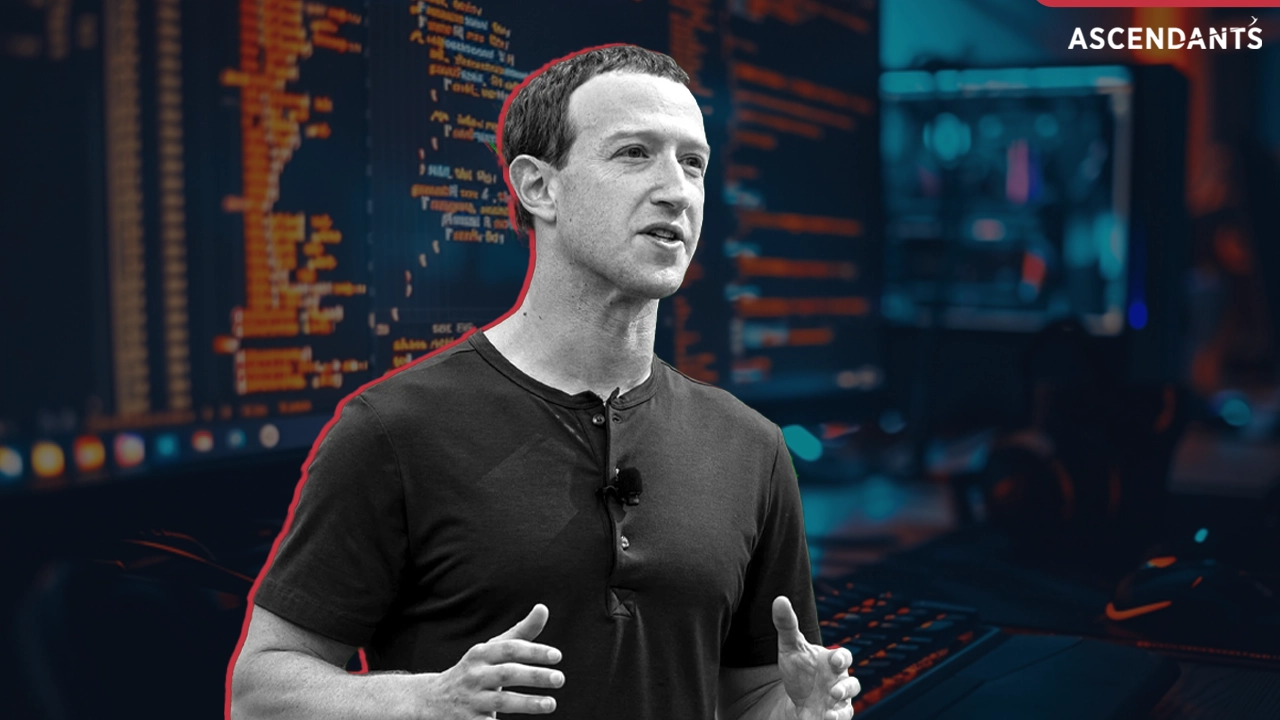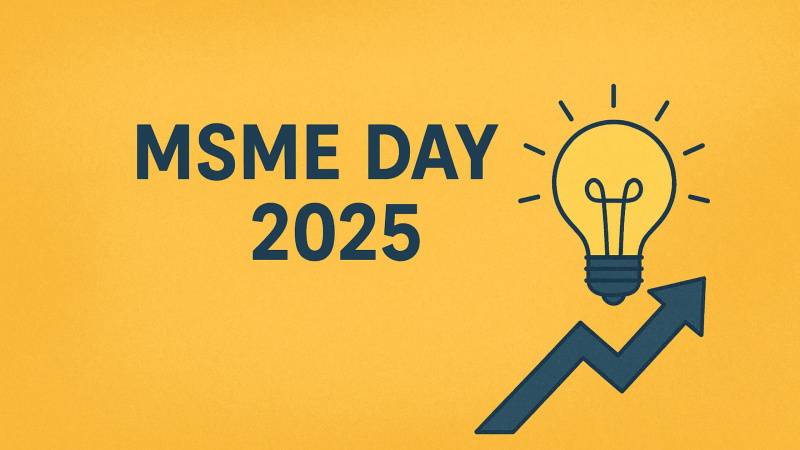Mark Zuckerberg‘s recent comment on the increasing use of AI in programming software at Meta has caused great controversy. In a conversation with Joe Rogan, Zuckerberg revealed how AI has evolved to a point where it can produce code equivalent to that of an engineer in mid-stage. This progress comes as part of an even bigger Silicon Valley trend as big tech firms are actively looking for AI-driven solutions to replace human programmers.
Meta’s AI Shift and Its Implications for Developers
For organizations such as Meta, the monetary advantages of AI automation are hard to resist. Talented software engineers can earn up to $500,000 annually, which makes AI a budget-friendly option. Companies can cut costs, speed up product innovation, and simplify coding activities by incorporating AI into their software development process.
But this transition prompts an important question: If AI is going to replace programming at a mid-level level, are we heading towards a time when coding itself is solely an algorithmic process, not a human one?
Also Read: Meta to Lay Off Over 3,000 Employees
Growing AI-Driven Job Losses in the Tech Industry
Meta is not alone in adopting AI for software engineering. Other tech giants, including Salesforce and Klarna, invest heavily in AI. Salesforce will halt hiring new developers by 2025, and Klarna is already cutting 22% of its workforce due to AI automation. The broader impact of these changes could reshape job opportunities in the software sector, particularly for junior and mid-level programmers.
AI-Induced Job Loss Trends (2019-2025)
The following chart illustrates the growing trend of AI-induced job losses over recent years:

The information indicates that AI-driven job losses are gaining speed, especially in repetitive coding tasks. Although some believe that AI will enable developers to concentrate on more strategic and creative work, history has indicated that automation results in large-scale workforce displacement.
What Lies Ahead for Programmers?
While AI-driven automation is reshaping the industry, it is unlikely to completely replace human developers—at least shortly. AI-generated code still requires human oversight, debugging, and security checks. Developers may find new roles as AI supervisors, security experts, and strategic software architects as AI continues to evolve.
The key takeaway is clear: Adaptation will be critical for programmers interested in remaining relevant in the evolving world of AI-driven software development. The future of coding is perhaps not going away, but it is definitely being rewritten.
Also Read: Alef Aeronautics Makes History with First Urban Flying Car Test























